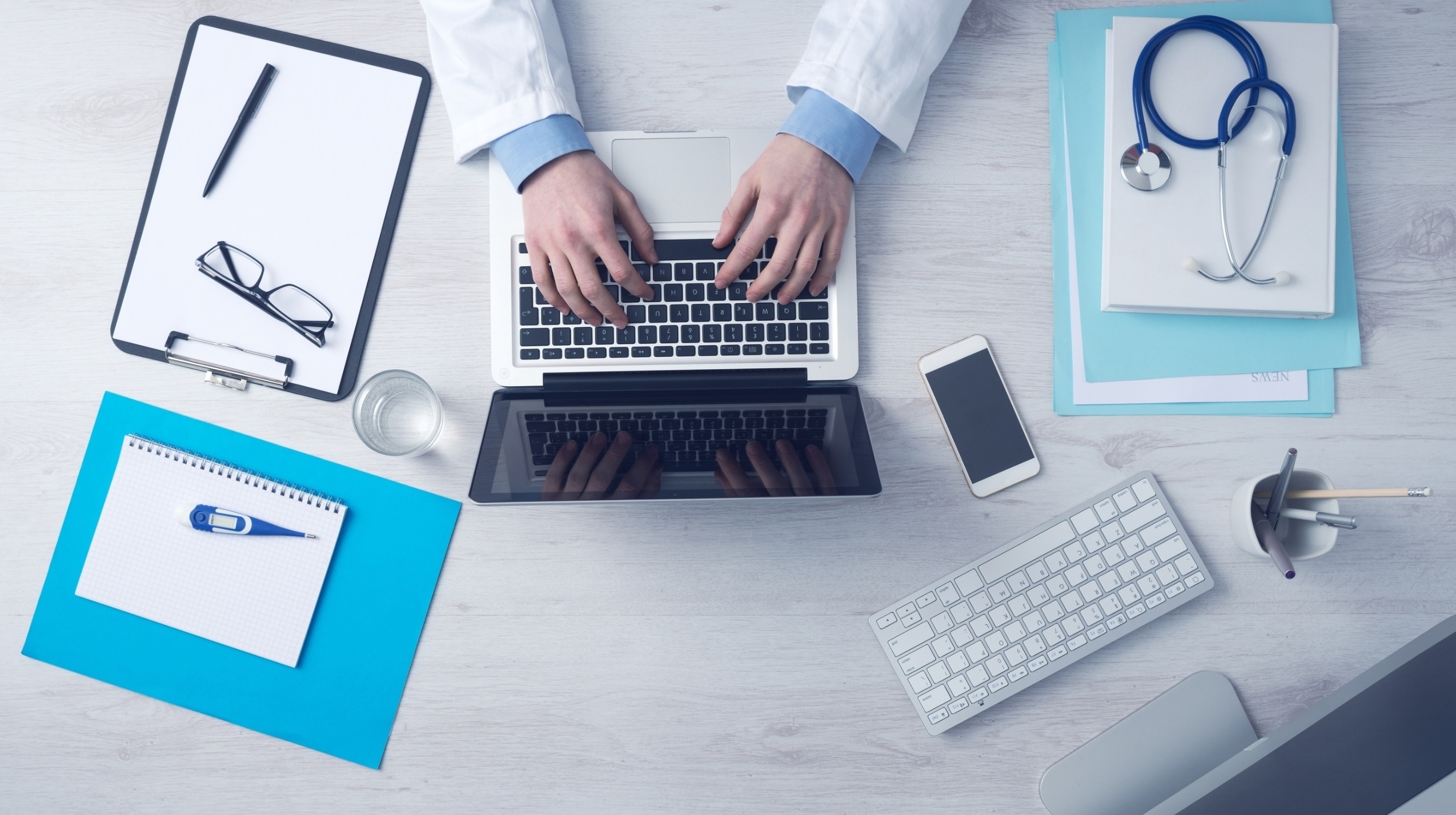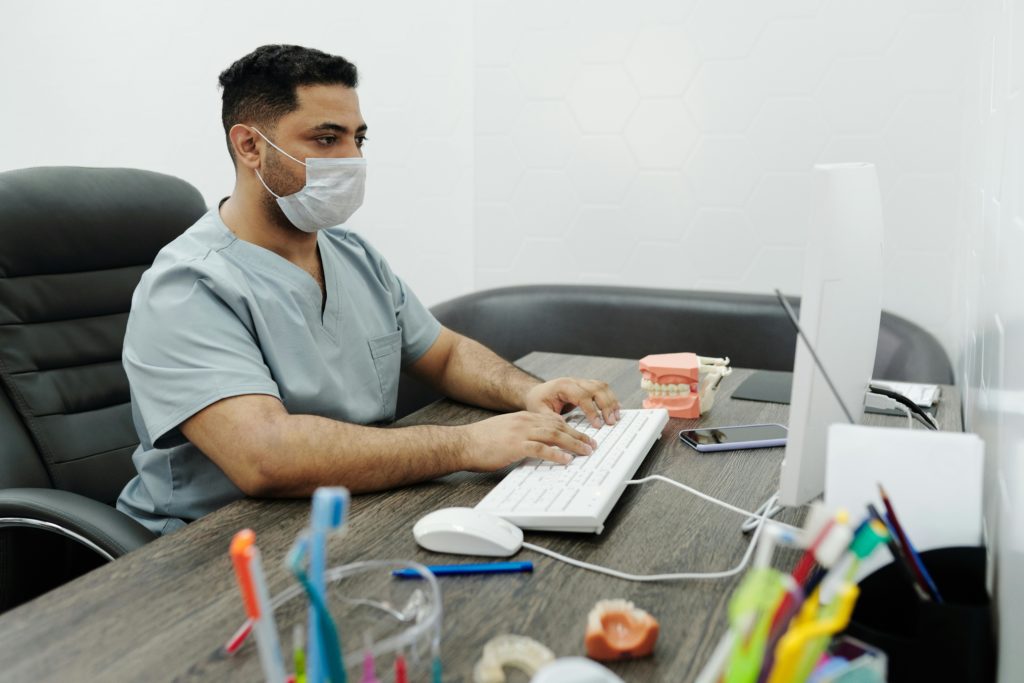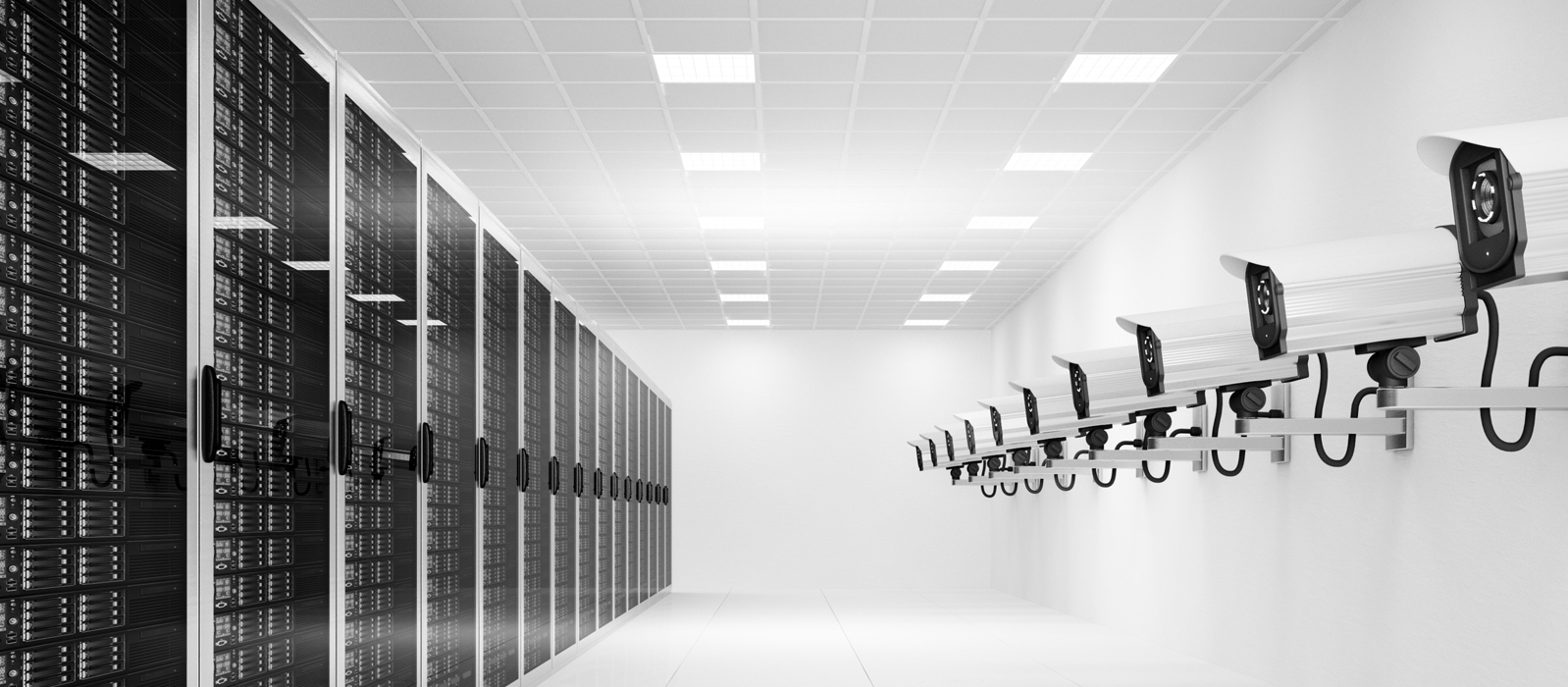
What Is HIPAA Compliant Email?
HIPAA-Compliant Email is a secure email solution designed for healthcare professionals to safely send Protected Health Information (PHI) to patients, colleagues, and other providers. To meet HIPAA requirements, these systems must include robust security measures, such as end-to-end encryption, and follow strict privacy practices to ensure PHI is protected during transmission over the internet.
The Health Insurance Portability and Accountability Act (HIPAA), enacted in 1996, was designed to protect patient privacy and ensure the security of health information. It sets strict rules for how protected health information is handled, transmitted, and stored.
In 2009, the HITECH Act was introduced to encourage the use of electronic health records and other health IT tools. As a result, many healthcare providers began using email to exchange PHI.
However, standard email is not secure unless it’s encrypted. To make email HIPAA compliant, organizations often face challenges such as setting up and maintaining secure email servers, managing high initial costs, and coordinating multiple vendors to meet compliance requirements.
A common and costly misconception is that adding email encryption alone makes an organization HIPAA compliant. In reality, HIPAA-compliant email requires more than just encryption. It also involves access controls, audit logs, secure storage, proper staff training, and signed Business Associate Agreements (BAAs) with any third-party providers involved.
Free Email Services Are Not HIPAA Compliant
Using a HIPAA-compliant email service is essential to protect patients’ sensitive health information. Free email platforms such as Yahoo, Hotmail, and AOL, do not meet HIPAA security standards. These services often scan user data for advertising purposes, which directly violates HIPAA privacy requirements and puts PHI at serious risk.
Additionally, these providers do not offer Business Associate Agreements (BAAs) for their free services, making them unsuitable for transmitting or storing PHI. It’s important to understand that no free email service is HIPAA compliant.
Using unsecured email to send PHI can lead to privacy breaches, patient trust issues, and severe financial penalties for non-compliance. To stay compliant and protect your practice, always use a secure, HIPAA-compliant email solution with an active BAA in place.
Who Should Use HIPAA-Compliant Email?
HIPAA-compliant email is not optional, it’s a legal requirement for all covered entities and their business associates. Any individual, organization, or agency that qualifies as a covered entity under HIPAA must ensure compliance when handling protected health information (PHI).
If a covered entity uses a third-party email provider (a business associate), HIPAA requires a signed Business Associate Agreement (BAA). This agreement must clearly outline the services provided and ensure the business associate follows HIPAA rules to protect the privacy and security of PHI.
Covered entities include, but are not limited to:
-
Physicians and clinics
-
Psychologists and therapists
-
Dentists and chiropractors
-
Nursing homes and pharmacies
-
Health insurance providers
-
Medical billing, coding, and health care clearinghouses
This list is not exhaustive, but it illustrates the range of organizations required to comply. Setting up HIPAA-compliant email is a key step in safeguarding patient data and fulfilling your legal and ethical responsibilities.

Trusted by over 7,500 healthcare businesses since 2011
Navigating HIPAA Compliance is tough. Figuring out how to make your email HIPAA-compliant can be even tougher. Fortunately, you’ve come to the right place!
Enterprise Guardian® (EnGuard®) was purpose-built from the ground up with a single mission: to make HIPAA-compliant email easy and accessible for solo practioners and small businesses without IT support or a dedicated tech department. If you can use basic email, you can use EnGuard.
What Sets Us Apart? EnGuard isn’t just another email host, we’re your all-in-one solution for business-class email, domain registration, and encrypted email delivery. Unlike most providers, who require you to piece together HIPAA compliance across multiple services (often at a high cost), we simplify everything. With EnGuard, everything you need is under one roof, secure, compliant, and cost-effective.
We take support seriously. From onboarding to ongoing help, our Southern California-based team delivers personalized, premium customer service: no offshore call centers or scripted replies. Just real people who know your name and genuinely care.
Get Started TodayHIPAA Compliant Email Frequently Asked Questions
Q. How Do You Send a HIPAA Compliant Email?
To send a HIPAA-secure email, you must use a HIPAA-compliant email service provider, the most effective way to ensure Protected Health Information (PHI) is fully safeguarded.
These services use end-to-end encryption to protect PHI in transit. When an email is sent, it travels through multiple network servers, and a copy may be stored on each one. Without proper encryption, this creates opportunities for unauthorized access and potential data breaches.
End-to-end encryption anonymizes the data as it moves from server to server, ensuring your PHI remains protected throughout its entire journey, from sender to recipient.
Q. What is an encrypted email?
An encrypted email is a secure message that protects sensitive health information by rendering it unreadable to unauthorized users. Under HIPAA regulations, medical data is only considered Protected Health Information (PHI) when it includes identifiable elements that can be traced to a specific individual, such as a patient’s full name, Social Security number, date of birth, phone number, email address, employment details, or medical history.
Data encryption is a powerful security method that removes or obscures these identifiers, making the information anonymous and therefore useless to cybercriminals. Once encrypted, the data can only be accessed or restored using a unique decryption key, making encryption one of the most reliable ways to safeguard PHI and maintain HIPAA compliance.
Q. Do HIPAA laws protect emails?
The HIPAA Privacy and Security Rules are designed to protect sensitive medical information in all formats, including electronic communication such as email, video conferencing, text messaging, and more.
Electronic Protected Health Information (ePHI) refers to any PHI that is created, stored, transmitted, or received in digital form. Common examples include emailed test results, electronic prescriptions, and photos of patients.
Since healthcare organizations frequently use digital platforms to exchange PHI, it’s essential that all ePHI is properly secured in compliance with HIPAA standards.
Q. How do i make my email HIPAA compliant?
To ensure your email communications meet HIPAA standards, it's essential to use a secure, HIPAA-compliant email service. If you handle sensitive or confidential information, partnering with a provider that specializes in healthcare security, like Enterprise Guardian, can significantly reduce your risk.
By implementing key safeguards such as end-to-end encryption and access controls, these services help secure Protected Health Information (PHI) and keep your communications compliant and breach resistant.




